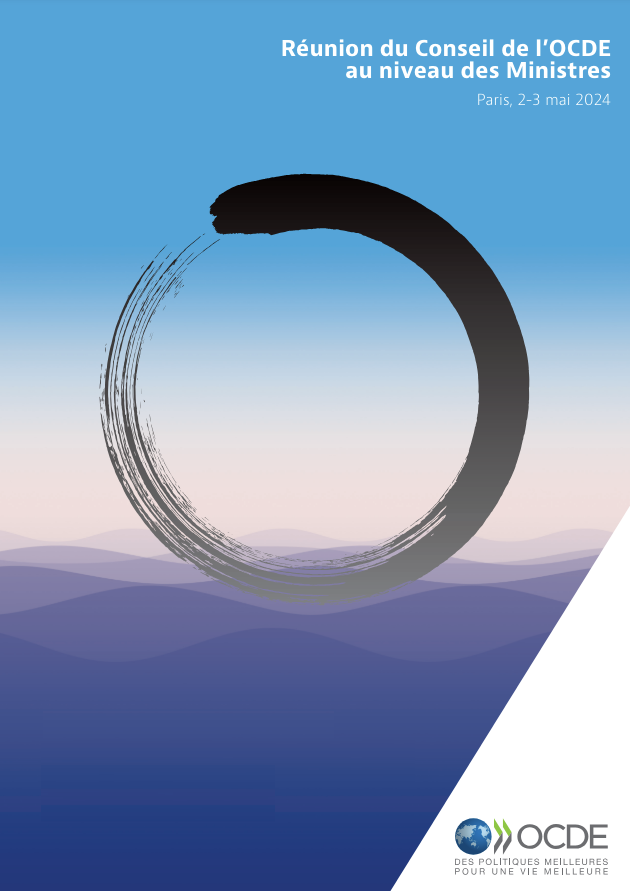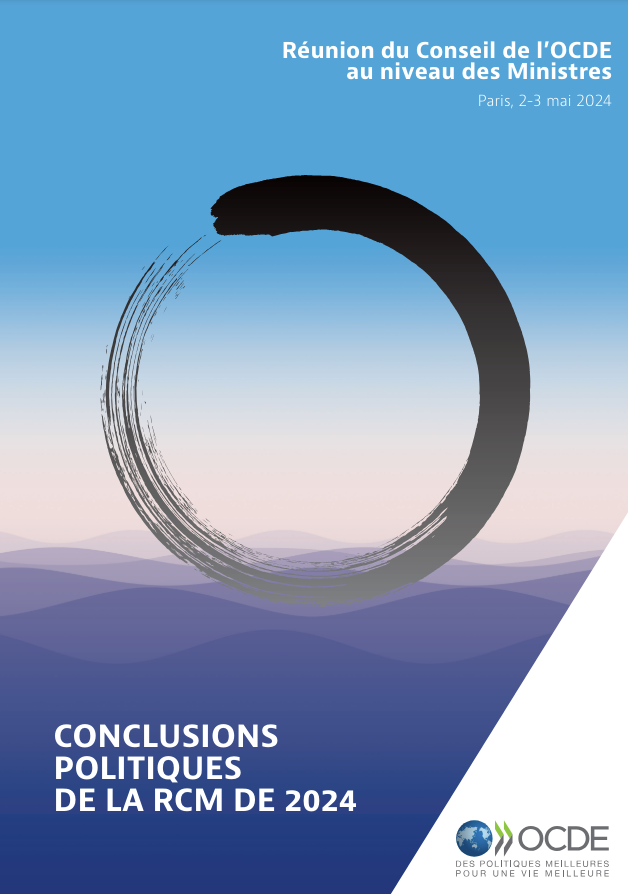OECD Home
- Accueil de l'OCDE
- A propos
-
Pays
- Afghanistan
- Afrique du Sud
- Albanie
- Algérie
- Allemagne
- Andorre
- Angola
- Anguilla
- Antigua-et-Barbuda
- Arabie saoudite
- Argentine
- Arménie
- Aruba
- Australie
- Autorité palestinienne
- Autriche
- Azerbaïdjan
- Bahamas
- Bahreïn
- Guernesey
- Jersey
- Bangladesh
- Barbade
- Bélarus
- Belgique
- Belize
- Bénin
- Bermudes
- Bhoutan
- Bosnie-Herzégovine
- Botswana
- Brésil
- Brunei Darussalam
- Bulgarie
- Burkina Faso
- Burundi
- Cabo Verde
- Cambodge
- Cameroun
- Canada
- Chili
- Chypre
- Colombie
- Comores
- Corée
- Costa Rica
- Côte d'Ivoire
- Croatie
- Cuba
- Danemark
- Djibouti
- Dominique
- Égypte
- El Salvador
- Émirats arabes unis
- Équateur
- Érythrée
- Espagne
- Estonie
- Bolivie
- Micronésie
- États-Unis
- Éthiopie
- République de Macédoine du Nord
- Russie
- Fidji
- Finlande
- France
- Gabon
- Gambie
- Géorgie
- Ghana
- Gibraltar
- Grèce
- Grenade
- Groenland
- Guatemala
- Guinée
- Guinée équatoriale^Guinée2
- Guinée-Bissau^Guinée1
- Guyana
- Guyane française
- Haïti
- Honduras
- Hong Kong (Chine)
- Hongrie
- Île de Man
- Îles Caïmanes
- Îles Cook
- Îles Féroé
- Îles Marshall
- Îles Salomon
- Îles Turques et Caïques
- Îles Vierges britanniques
- Îles Vierges des États-Unis
- Inde
- Indonésie
- Iraq
- Irlande
- Islande
- Israël
- Italie
- Jamaïque
- Japon
- Jordanie
- Kazakhstan
- Kenya
- Kirghizistan
- Kiribati
- Koweït
- Lesotho
- Lettonie
- Liban
- Libéria
- Libye
- Liechtenstein
- Lituanie
- Luxembourg
- Macao (Chine)
- Madagascar
- Malaisie
- Malawi
- Maldives
- Mali
- Malte
- Maroc
- Maurice
- Mauritanie
- Mayotte
- Mexique
- Monaco
- Mongolie
- Monténégro
- Montserrat
- Mozambique
- Myanmar
- Namibie
- Nauru
- Népal
- Nicaragua
- Niger
- Nigéria
- Niue
- Norvège
- Nouvelle-Zélande
- Oman
- Ouganda
- Ouzbékistan
- Pakistan
- Palaos
- Panama
- Papouasie-Nouvelle-Guinée
- Paraguay
- Pays-Bas
- Pérou
- Philippines
- Pologne
- Porto Rico
- Portugal
- Qatar
- République arabe syrienne
- Venezuela
- République centrafricaine
- Moldova
- République démocratique du Congo
- République démocratique populaire lao^Lao
- République dominicaine
- Congo
- Iran
- Chine (République populaire de)
- République populaire démocratique de Corée
- République slovaque
- Tchéquie
- Tanzanie
- Roumanie
- Royaume-Uni
- Rwanda
- Sahara occidental
- Sainte-Hélène
- Sainte-Lucie
- Saint-Kitts-et-Nevis
- Saint-Marin
- Saint-Vincent-et-les-Grenadines
- Samoa
- Sao Tomé-et-Principe
- Sénégal
- Serbie
- Serbie et Monténégro (avant juin 2006)
- Seychelles
- Sierra Leone
- Singapour
- Slovénie
- Somalie
- Soudan
- Soudan du Sud
- Sri Lanka
- Suède
- Suisse
- Suriname
- Eswatini
- Tadjikistan
- Taipei chinois
- Tchad
- Thaïlande
- Timor-Leste
- Togo
- Tokélaou
- Tonga
- Trinité-et-Tobago
- Tunisie
- Turkménistan
- Türkiye
- Tuvalu
- Ukraine
- Union européenne
- Uruguay
- Vanuatu
- Viet Nam
- Wallis-et-Futuna
- Yémen
- Zambie
- Zimbabwe
- Curaçao
- Bonaire
- Saba
-
Thèmes
- Agriculture et pêcheries
- Assurance et retraites
- Compétences
- Concurrence
- Corruption et Intégrité
- Croissance verte et développement durable
- Développement
- Développement régional, urbain et rural
- Echanges
- Education
- Emploi
- Environnement
- Finances
- Fiscalité
- Gouvernance publique
- Gouvernement d'entreprise
- Industrie et entrepreneuriat
- Innovation
- Investissement
- Migrations
- Numérique
- Prestations et questions sociales
- Réforme réglementaire
- Santé
- Science et technologie
- Sécurité des produits chimiques et biosécurité
- Économie
- Ukraine

